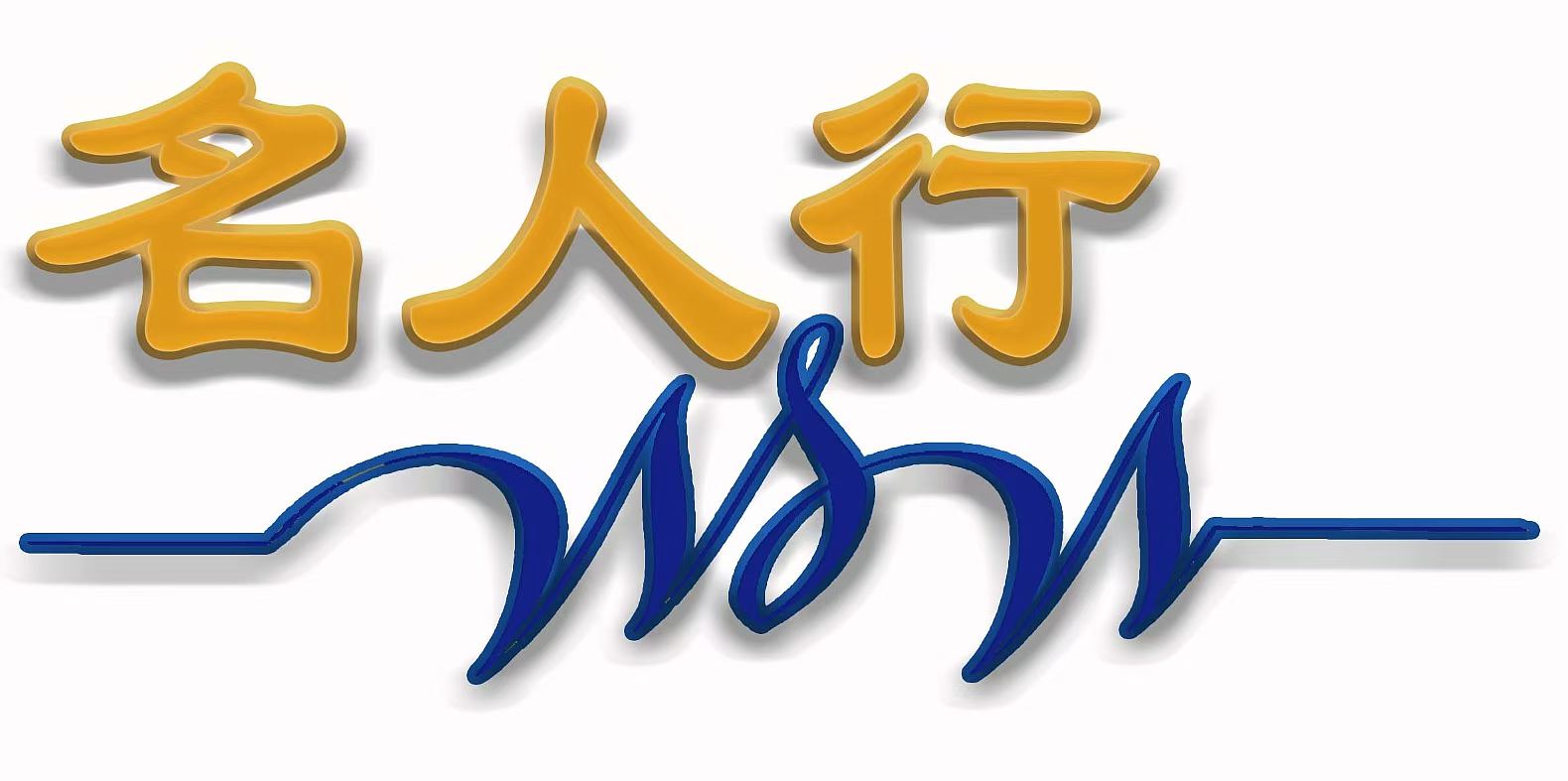The Relationship Between the Twelve Meridians and the Twelve Two-Hour Periods (Health Preservation Edition)
Zi Hour (11:00 PM – 1:00 AM): Nourish the Gallbladder Meridian
The early morning hours are when Yin energy is at its peak, but it is also the time when Yang energy begins to grow. From 11:00 PM to 1:00 AM, the gallbladder meridian is most active. It is best to be in a deep sleep during this time to nourish gallbladder energy and promote the growth of Yang energy.
Chou Hour (1:00 AM – 3:00 AM): Nourish the Liver Meridian
From 1:00 AM to 3:00 AM, the liver meridian is most active. This is the optimal time for liver repair. During sleep, blood returns to the liver for detoxification and self-repair. Therefore, avoid staying up late during this period, as prolonged熬夜 can severely damage the liver. If you often experience eye strain, irritability, insomnia, or hair loss, gently tapping the liver meridian can help nourish the organ.
Yin Hour (3:00 AM – 5:00 AM): Nourish the Lung Meridian
The lungs govern the body’s energy and control the respiratory system. If you frequently wake up between 3:00 AM and 5:00 AM, it may indicate a blockage in the lung meridian. Tapping the lung meridian can help alleviate this.
Mao Hour (5:00 AM – 7:00 AM): Large Intestine Meridian
From 5:00 AM to 7:00 AM, the large intestine meridian is most active. This is the best time to have a bowel movement to eliminate waste from the previous day and reduce intestinal pressure.
Chen Hour (7:00 AM – 9:00 AM): Nourish the Stomach Meridian
During this time, the stomach meridian is most active. It is important to eat breakfast, such as a cup of soy milk, an egg, or a light porridge. This not only replenishes the body’s energy and nutrients but also helps utilize bile accumulated overnight, preventing gallstones.
Si Hour (9:00 AM – 11:00 AM): Nourish the Spleen Meridian
The spleen and stomach are the sources of Qi and blood production. "Prolonged sitting damages the muscles," and since the spleen governs the muscles, those who sit for long periods can benefit from tapping the spleen meridian.
Wu Hour (11:00 AM – 1:00 PM): Nourish the Heart Meridian
This is lunchtime. After eating, it is beneficial to take a short nap, known in traditional Chinese medicine as the "ziwu sleep." This is especially helpful for people with high blood pressure.
Wei Hour (1:00 PM – 3:00 PM): Small Intestine Meridian
The small intestine is the primary organ for absorbing nutrients from food. It transports nutrients processed by the spleen and stomach throughout the body. If the small intestine’s absorption ability is weak, malnutrition may occur regardless of diet. Therefore, it is essential to nourish the small intestine.
Shen Hour (3:00 PM – 5:00 PM): Bladder Meridian
The Foot Taiyang Bladder Meridian is the longest meridian in the body, running through the back, waist, and legs. Like the sun within the body, it helps metabolize dampness and turbid energy. If you experience heavy dampness or back pain, clearing the bladder meridian can help.
You Hour (5:00 PM – 7:00 PM): Nourish the Kidney Meridian
Kidney essence is the foundation of vitality. While it cannot be directly replenished, its depletion can be minimized to prevent premature aging. For issues like white hair, back pain, cold intolerance, cold hands and feet, or tinnitus, pressing the Yongquan (KI1) acupoint can help activate the kidney meridian and boost Yang energy.
Xu Hour (7:00 PM – 9:00 PM): Pericardium Meridian
The heart is the "monarch" of all organs, and the pericardium is the protective layer closest to the heart, acting as a barrier for heart health. Those experiencing insomnia, vivid dreams, or irritability can benefit from tapping the pericardium meridian.
Hai Hour (9:00 PM – 11:00 PM): Triple Burner Meridian
The triple burner consists of the upper burner (heart and lungs), middle burner (spleen and stomach), and lower burner (liver and kidneys). Blockages in the triple burner can lead to illness.

Comments (0)
No comments